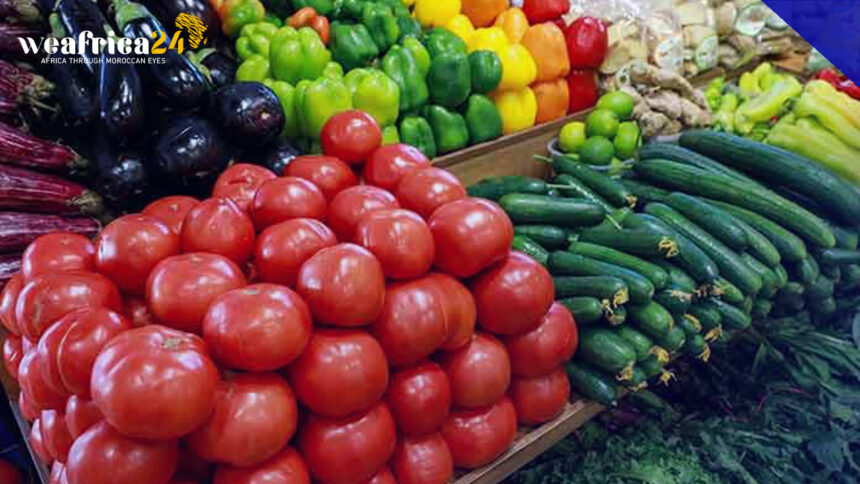Morocco established itself as a major player in the global vegetable export market. With its favorable climate, fertile soil, and advanced agricultural practices, Morocco has become a significant supplier of fresh and high-quality vegetables to various European countries. This article explores the flourishing vegetable exportation industry from Morocco to Europe, highlighting the factors contributing to its success and the benefits it brings to both Moroccan farmers and European consumers.
Favorable Climate and Geographical Location
Morocco’s strategic geographical location and diverse climate play a crucial role in its successful vegetable exportation. The country benefits from a Mediterranean climate in the north, while the southern regions enjoy a more arid and desert-like environment. These varying climates allow for the cultivation of a wide range of vegetables throughout the year, enabling Morocco to meet the demands of European markets even during the winter months when local production is limited.
Advanced Agricultural Practices and Infrastructure
Morocco has made significant investments in modern agricultural practices and infrastructure, contributing to its ability to produce high-quality vegetables. The country has implemented advanced farming techniques, such as drip irrigation and greenhouse cultivation, which optimize water usage and create an ideal environment for vegetable growth. Furthermore, Morocco has established efficient transportation networks and cold chain logistics to ensure the safe and timely delivery of products to European markets, maintaining the freshness and nutritional value of the vegetables.
Diverse Vegetable Production
Morocco boasts a diverse range of vegetable production, making it a versatile supplier to European markets. The country cultivates various popular vegetables, including tomatoes, bell peppers, zucchini, cucumbers, eggplants, and green beans, among others. This wide array of vegetables allows European consumers to enjoy fresh produce year-round and helps meet the demand for locally unavailable or out-of-season vegetables.
Stringent Quality Standards and Certifications
Morocco’s vegetable export industry adheres to stringent quality standards and certifications, ensuring that European consumers receive safe and healthy produce. Moroccan farmers and exporters comply with internationally recognized certifications, such as GlobalGAP (Good Agricultural Practices), which covers various aspects of production, including food safety, environmental sustainability, and worker welfare. These certifications guarantee that the vegetables meet the highest quality and safety standards set by European regulations.
Economic Benefits and Trade Relations
The vegetable export industry significantly contributes to Morocco’s economy, generating employment opportunities, fostering rural development, and increasing export revenue. It has become a vital source of income for many small-scale farmers and cooperatives, empowering local communities and improving their livelihoods. Additionally, the partnership between Morocco and European countries in the vegetable trade strengthens trade relations and promotes economic cooperation between the two regions.
Sustainability and Environmental Considerations
Morocco is committed to sustainable agricultural practices and reducing its environmental impact. Many farmers in the country have adopted organic farming techniques, reducing the use of chemical fertilizers and pesticides. Additionally, Morocco’s commitment to renewable energy has enabled the agriculture sector to transition towards more eco-friendly practices.
Morocco’s vegetable exportation industry to Europe has flourished, driven by its favorable climate, advanced agricultural practices, diverse vegetable production, and adherence to stringent quality standards. This partnership not only benefits European consumers by providing them with a wide variety of fresh and high-quality vegetables year-round but also supports Morocco’s economic development and empowers local farmers. As demand for sustainably produced and internationally certified vegetables continues to grow, Morocco’s vegetable exportation industry is well-positioned to play an even more significant role in meeting Europe’s diverse culinary needs.







